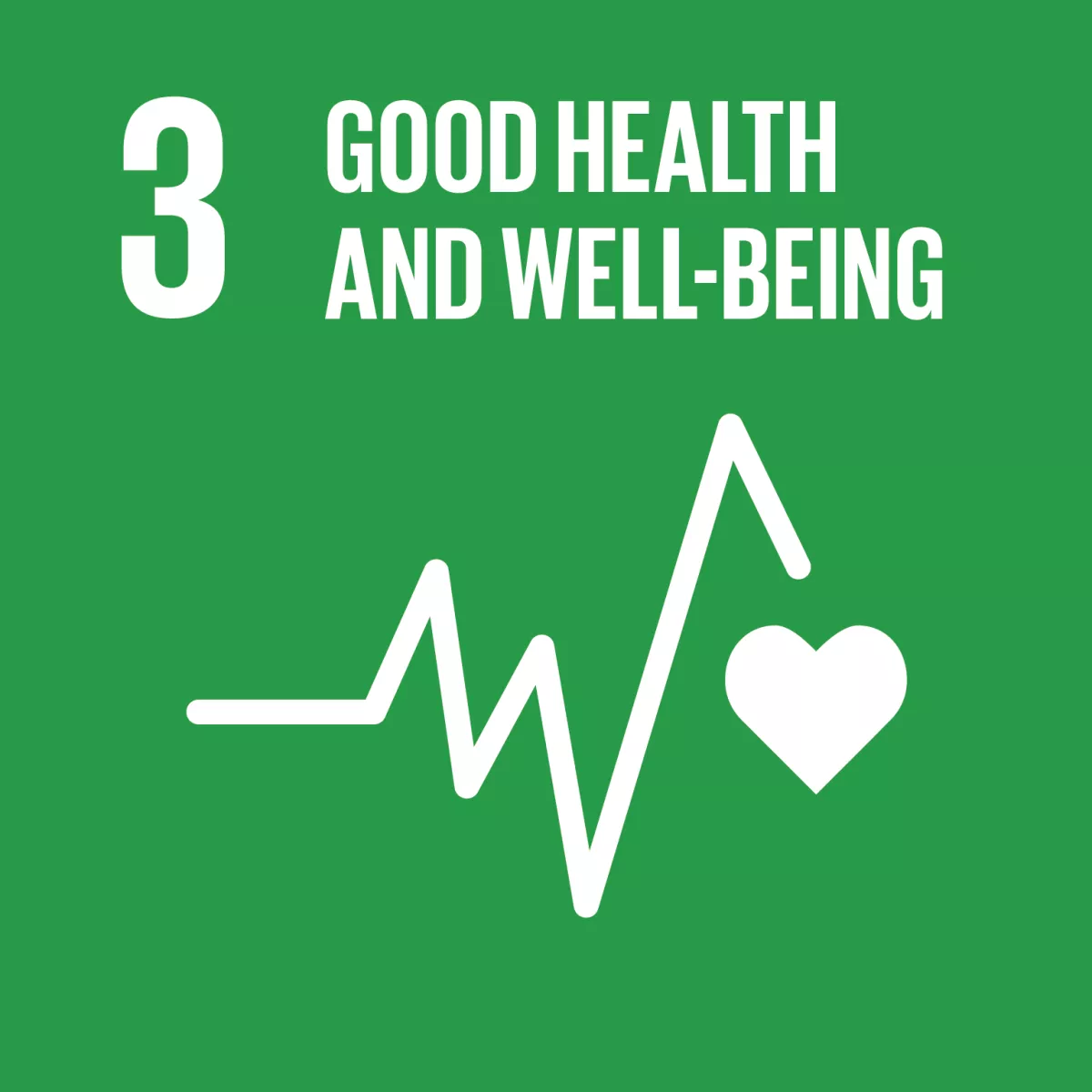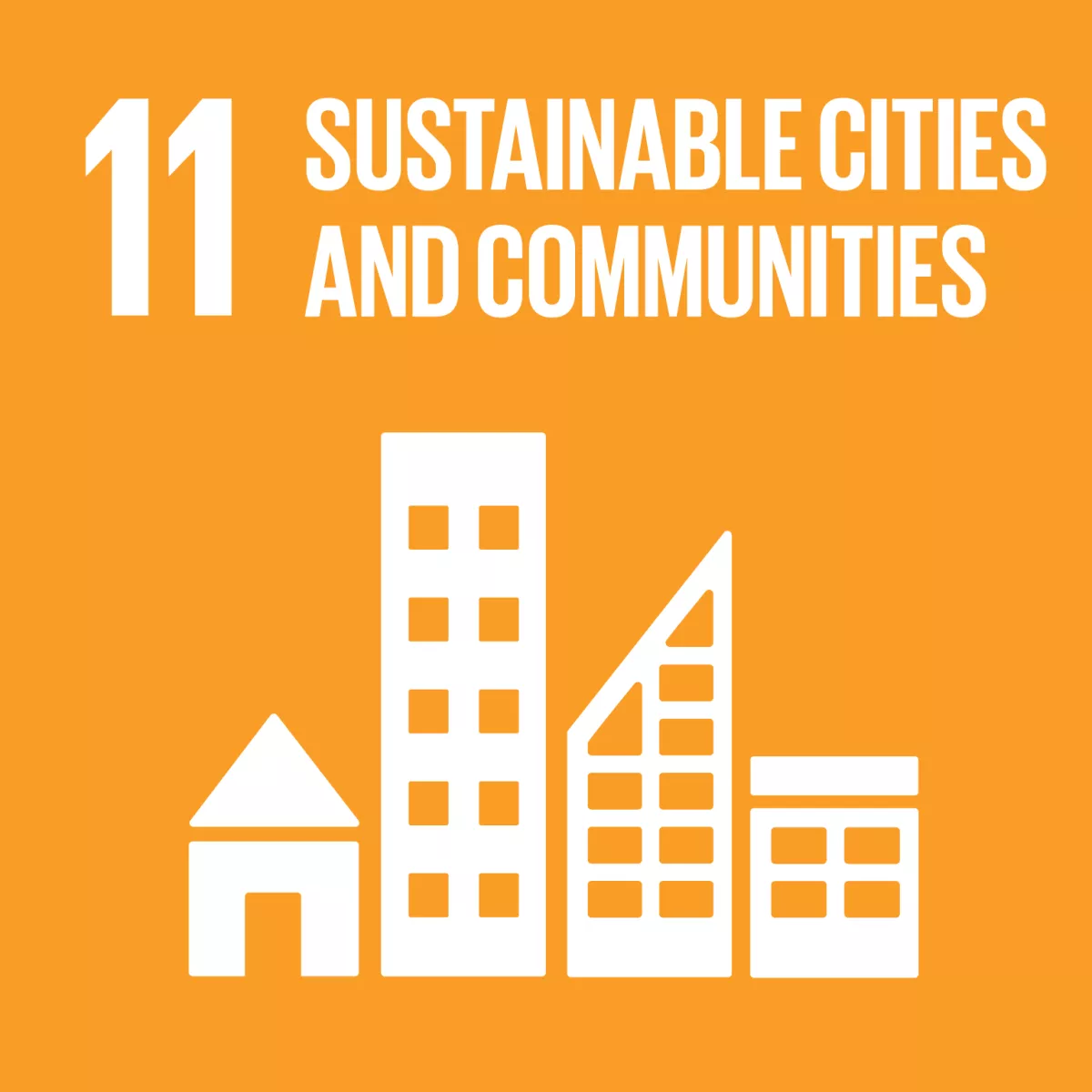Cities worldwide grow rapidly, as does the amount of waste that they generate. This is particularly problematic in low-income countries, where large cities often have limited resources to provide the essentials, such as a functioning garbage collection system. Urban management is often overwhelmed by the mass of waste the city generates and not enough political actions are taken. Moreover, cities often do not supply any services in the slums. These areas in particular drown in their own garbage. This inevitably leads to health problems in the communities, destroys the environment and brings extra costs for the entire city, because of air, water and soil pollution.
These threats remain constant, as long as unmanaged urbanisation continues to intensify. Therefore, a city must secure sufficient management for all areas and for different types of waste: municipal solid waste, wastewater, and sludge from human excreta, to ensure sustainable development.
providing a proper waste management falls under these SDGs:
The 2030 Agenda for Sustainable Development is a plan of action for people, planet and prosperity. All countries and stakeholders, acting in collaborative partnership, are starting to implement this plan. The 17 Sustainable Development Goals (SDGs) and 169 targets demonstrate the scale and ambition of this Agenda, which balance the three dimensions of sustainable development: economic, social and environmental.
Creating a better waste management system in slums is one of PSUP’s main priorities. We involve slums and slum dwellers in finding solutions, such as a community based waste collection system. Our approach is participatory, aiming at involving various stakeholders in the decision-making process. Waste collection and disposal can be organized through Community Managed Funds. These are PSUP-sponsored action groups that take on specific tasks in the settlement and generate an income for the community.
In Kenya alone, the biggest cities produce 6,000 tonnes of waste daily, of which only 4,000 is collected - leaving the rest unmanaged. In a pilot project, two slum villages on the outskirts of Mtwapa, north of Kenya's coastal city of Mombasa organized their community managed garbage unit. Once a week, a dozen women and men walk through the villages, armed with wheelbarrows and garbage cans and clean up. They sweep the narrow slum alleys, rake the open spaces between huts and clean the roadside ditches. Like many other informal settlements, their locality is not connected to the public garbage disposal system. That's why the slum dwellers have lately taken on the task themselves. The garbage units are part of the PSUP project implemented in 2014 in collaboration with our partners, the African, Caribbean and Pacific Group of States, the European Commission and the Government of Kenya.





